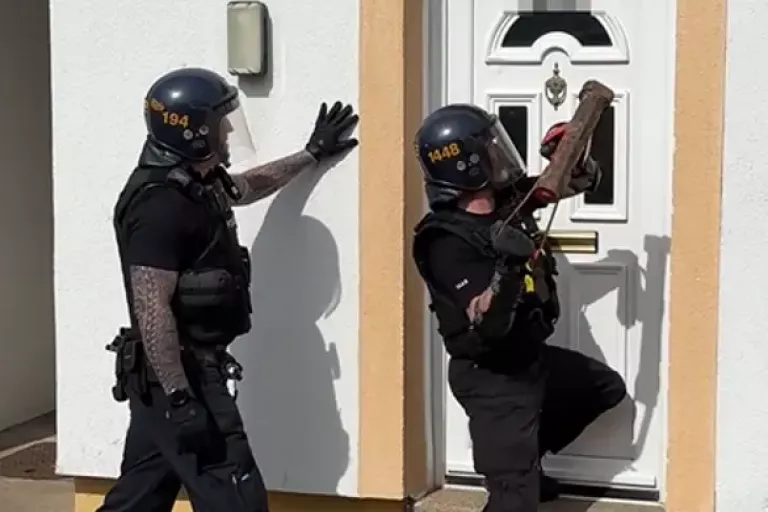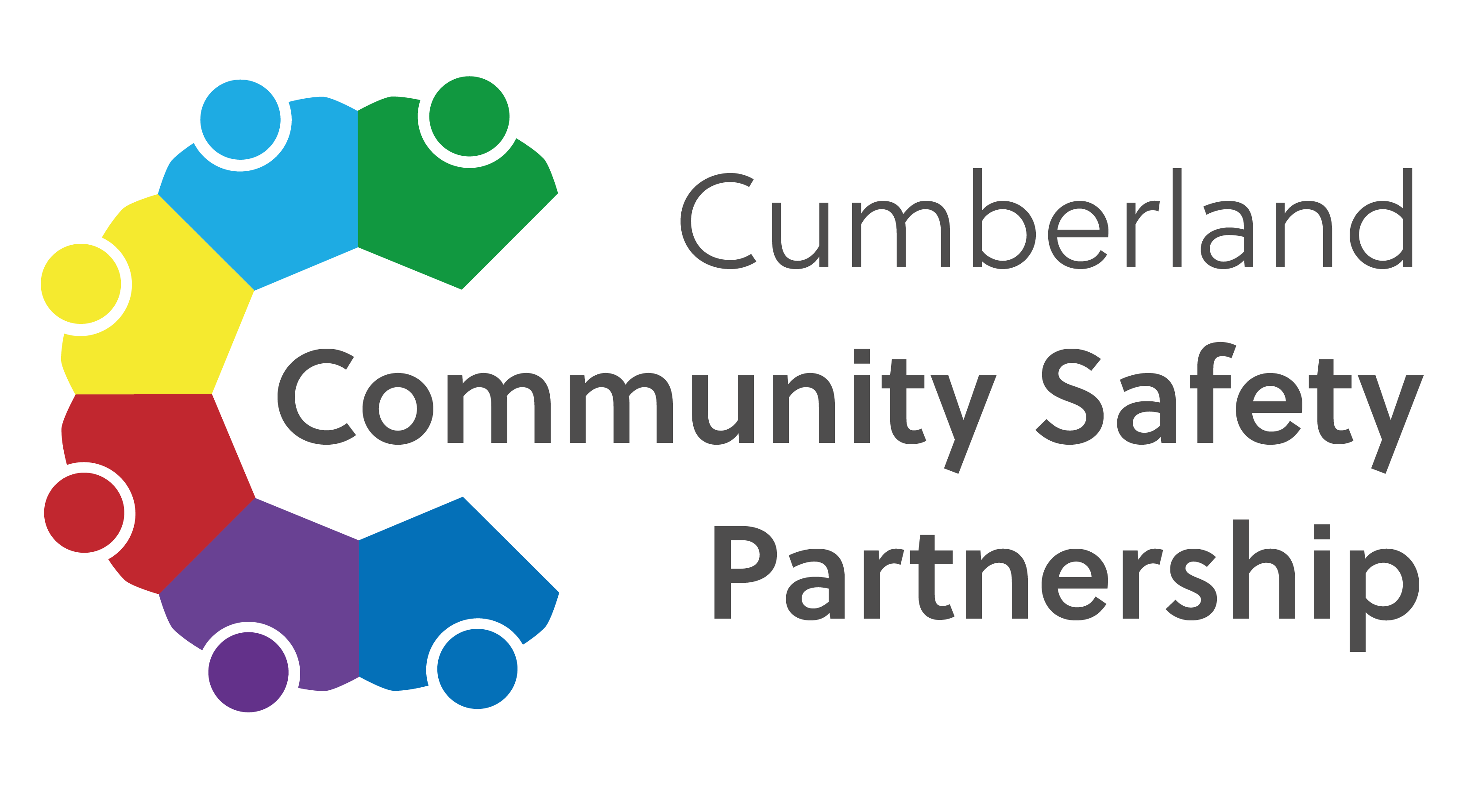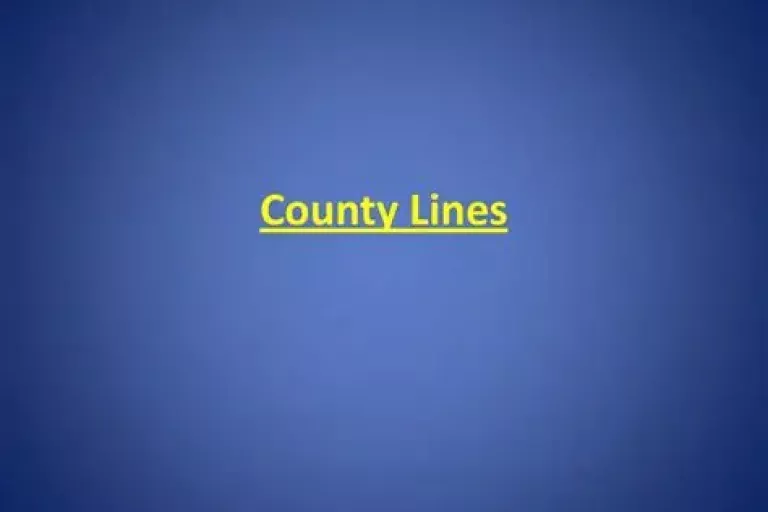
The Cumbria Serious Violence Duty Response Strategy sets out our plans for tackling serious violence in Cumbria through a partnership approach. The strategy is in response to the Serious Violence Duty which requires the relevant authorities of Police, Local Authorities, Integrated Care Boards, Fire & Rescue Services, and the Probation Services to work together to prevent and reduce serious violence in their local areas.
Under the Duty the Police, Fire and Crime Commissioner has a convening roll and has worked with all responsible authorities in the production of this strategy.
The Safer Cumbria Partnership provides a platform for the partner organisations involved, alongside the wider third sector and voluntary network, to work collaboratively to deliver a co-ordinated approach to Criminal Justice, Combatting Drugs, Serious Violence and Counter Terrorism across Cumbria.

